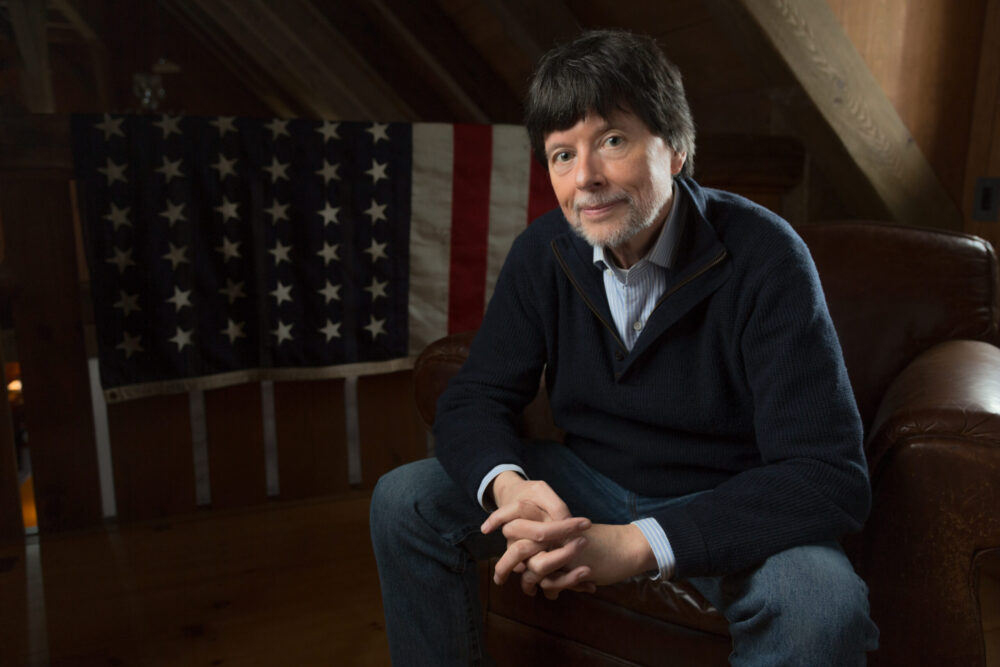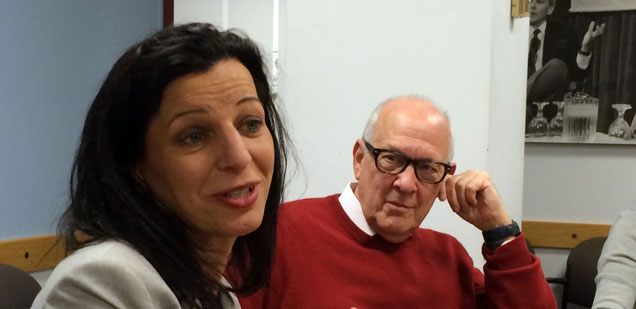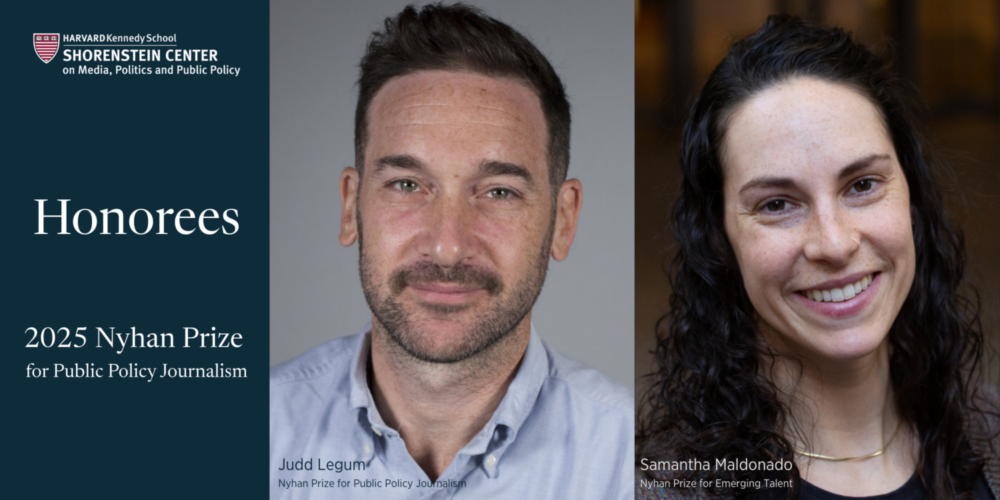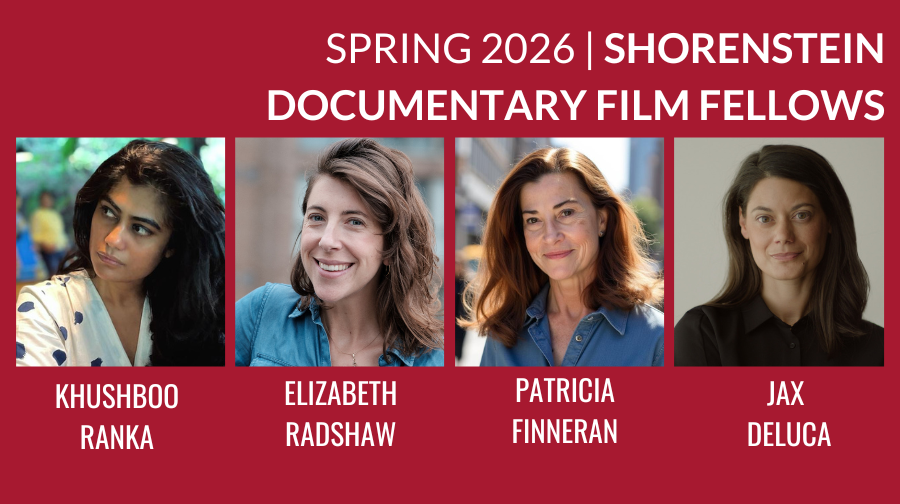
Center News
Ken Burns to give Theodore H. White Lecture on Press and Politics
Newsletter

Our weekly roundup of news found at the intersection of media, politics, policy and technology, from the Shorenstein Center and from around the web.
Five Tips for Media Coverage and Government Communication on Security Issues. Juliette Kayyem, who has worked in homeland security at the state and federal level, provided advice on communicating about national security and public safety issues.
Stickier News: What Newspapers Don’t Know about Web Traffic Has Hurt Them Badly – But There is a Better Way. A new paper by Matthew Hindman, Joan Shorenstein Fellow (Fall 2014) and Associate Professor in the School of Media and Public Affairs at The George Washington University, examines why local newspapers are falling behind in online audience growth and how they can fix the problem.
Eight Questions to Ask When Interpreting Academic Studies: A Primer for Media. Scholarly studies can help journalists integrate rigorous, unbiased sources of information into their reporting, however, interpreting scientific (and social science) studies and making judgments about their quality can be difficult tasks. Journalist’s Resource provides practical questions for reporters.
Corporate Speech and the First Amendment: History, Data and Implications. Citizens United, while certainly important, is only the latest in a series of cases that have expanded corporate use of the First Amendment. Journalist’s Resource summarizes key findings from a recent Harvard Law School study.
Why Americans Seem To Be Paying Less Attention To The News. Thomas Patterson, Bradlee Professor of Government and the Press, discussed trends in news consumption and what they mean for an informed public on the Diane Rehm Show on NPR.
The 2016 Election Will Be Live-Streamed: “We’re All C-SPAN Now.” Mark Halperin, (Fellow, Spring 2007) discussed his plans to use the video streaming apps Meerkat and Periscope to livestream 2016 campaign events, and Peter Hamby (Fellow, Spring 2013) discussed the possibility of a chilling effect if politicians “expect that every moment is being live-streamed,” on Huffington Post.
Nick Sinai, Walter Shorenstein Media & Democracy Fellow, led a student seminar on the Freedom of Information Act (FOIA) with Cori Zarek, White House Senior Advisor for Open Government. View the slides and recommended reading.
Journalists Fight for Open Government in the Face Of Secrecy. Goldsmith Prize winners Carol Marbin Miller and Audra Burch of the Miami Herald discussed their reporting on FOIA violations by Florida’s Department of Children & Families at the University of Florida’s public information conference, “Breaking Down Walls: The Fight for Open Government.” From PBS MediaShift
Crunching the Numbers on Voting Rights in America. “How many people were eligible to vote? What number actually registered? And who, among those who registered, ended up casting a ballot?” Harvard Magazine covered a panel at the Ash Center (co-sponsored by the Shorenstein Center) on the role of statistics in voting rights research and policy. Featuring Maya Sen, Assistant Professor of Public Policy at Harvard Kennedy School; Stephen Ansolabehere, Professor of Government, Harvard University; and Nate Cohn, politics and policy writer for The New York Times.
U.S. Smartphone Use in 2015. A new report from Pew Research Center finds that “A majority of smartphone owners use their phone to follow along with breaking news, and to share and be informed about happenings in their local community.”
Should Journalists Use the Phrase “Religious Freedom Restoration Act” in Their Reporting? Journalists weigh in on the language used to cover bills, from Poynter.
The Guardian Targets Oil Companies with “Unprecedented” Climate-Change Campaign. What is the line between journalism and advocacy? From Mashable.
Covering Scott Walker as a Local and National Story, from Columbia Journalism Review.
Sign up to receive Media and Politics Must Reads in your inbox each week. Also connect with us on Twitter and Facebook for more updates.

Center News

Center News

Center News